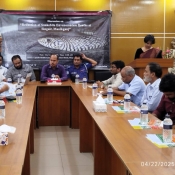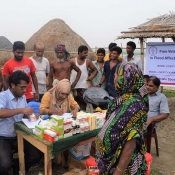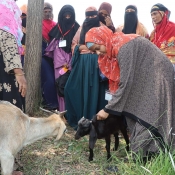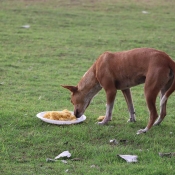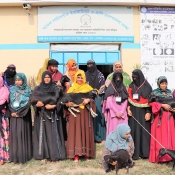Reduction of Snakebite Envenomation Deaths
Snakebite represents a significant public health challenge in Bangladesh, marked by alarmingly high mortality rates despite the availability of free and effective treatment options. Unfortunately, the care provided for snakebites at many Upazila-level hospitals is often inadequate (Dhaka Tribune, 2023). This issue stems from various factors, including limited access to antivenom and insufficient specialized training for medical personnel.
The complexity of this situation arises from a combination of influences. Many communities lack awareness about appropriate treatment methods, leading them to rely on cultural beliefs and traditional practices that can be harmful. Additionally, rural regions struggle with access to adequate healthcare facilities, which delays critical medical intervention for victims. Seasonal flooding in these areas often drives snakes closer to human habitation, heightening the risk of encounters with venomous species (Bartaburu, 2024). Such encounters are particularly perilous for farmers during the harvest season, as their work takes them into the snakes’ natural habitat (World Health Organization: WHO, 2024).
To address this issue, we have selected three unions in Singair Upazila to launch our pilot project. This initiative aimed to serve as a model for implementation in other rural areas of Bangladesh. By executing these comprehensive interventions, we have the potential to significantly reduce mortality rates and enhance the quality of life for residents in Singair Upazila. Furthermore, this project could act as a blueprint for tackling snakebite-related challenges in other vulnerable communities across the country.

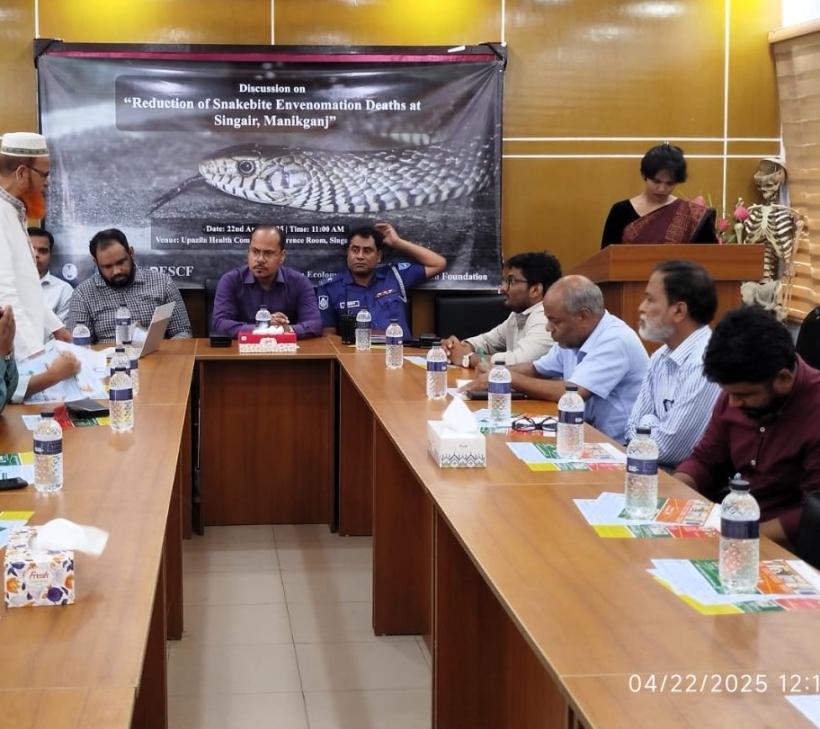
Published on: Tuesday, 27 May 2025, 02:30 pm ▪ Last update: Tuesday, 27 May 2025, 02:33 pm ▪ Total View of this Page: 284


